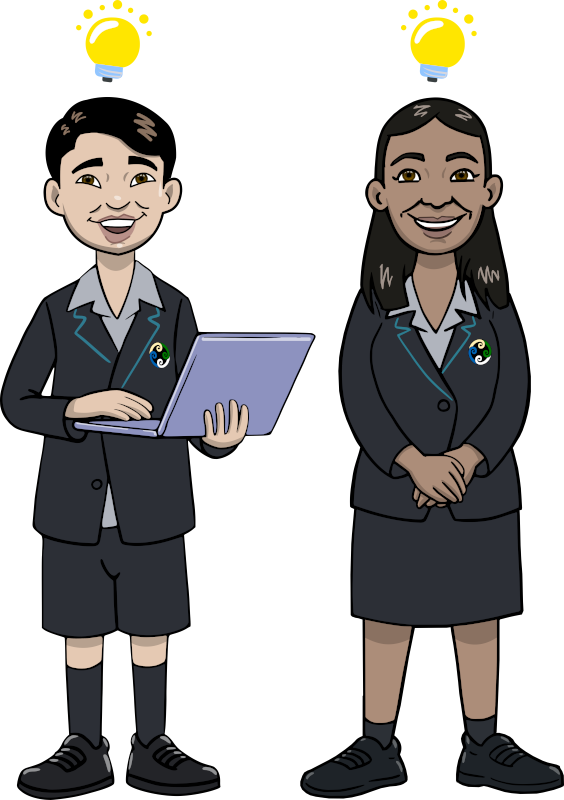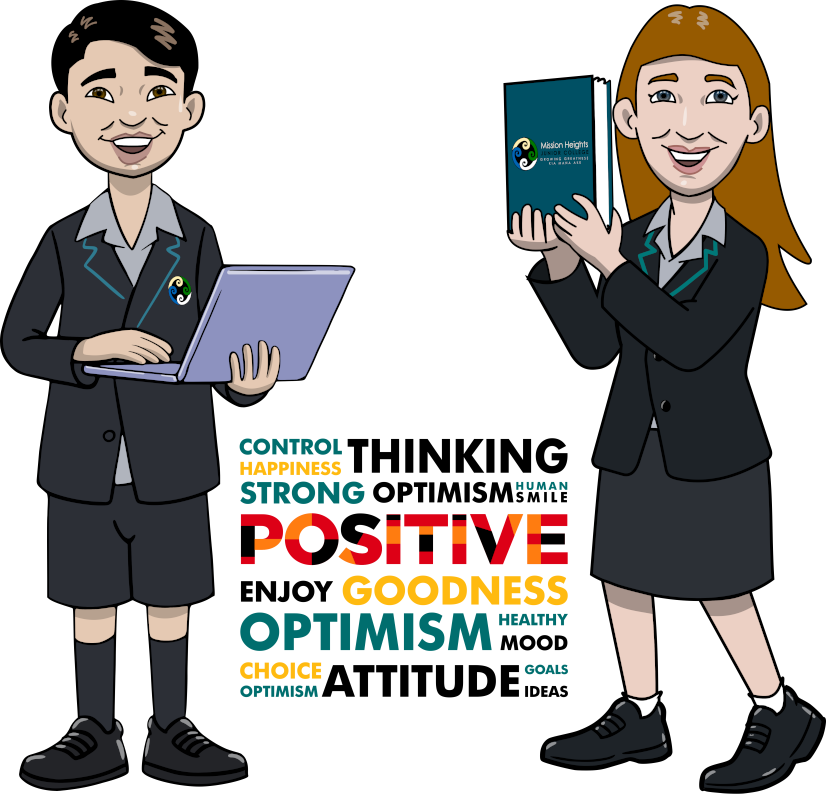4 March - 10 March
Section outline
-
Week 6
FOCUS / ARONGA learning intentions:
- We are FOCUSING...on INPUT skills such as reading, listening and viewing by selecting relevant texts.
- We are FOCUSING...on OUTPUT skills such as writing, speaking and presenting by responding to the give texts.
- We are FOCUSING... on Short texts by developing our understanding of the 'water' related issues around the world
- We are FOCUSING... on Written Language Features and Skills by showing an understanding of how to shape texts for different audiences and purposes.
EXPLORE / TŪHURA learning intentions:
- We are Exploring….’Short texts about Water’ by observing the structure and characterisation in short stories.
- We are Exploring….’Short texts about Water’ by recognising inequality in the distribution of water around the globe.
- We are Exploring….’Short texts about Water’ by discovering the impact of water inequalities on people, places and environment.
- We are Exploring… ’Short texts about Water’ by analysing historical and contemporary conflicts over water.
CONTEXT: SOS WATER
Activities:
-Do Now: Crossword Puzzle
-Self Study/Homework-English Workbook-pages 43,44,45
-Vocabulary: Reduplicative Words
Some words in English simply repeat themselves: the second part is identical with the first, pooh-pooh, or repeats the first part with a change of vowel, riff-raff, or of consonant, teeny-weeny. These are called reduplicative words. Here are some everyday English examples.
flip-flop
mish-mash
nick-nack
pitter-patter
sing-song
see-saw
ping-pong
Repeating with change of consonant
hurdy-gurdy
mumbo-jumbo
walky-talky
hanky-panky
hotchpotch
higgledy-piggledy
hocus-pocus
criss-cross
argy-bargy
hanky-panky
-Listening Task- Positional Dictation
-Reading the poems on the theme of 'Water.'
-Poetry appreciation tasks:
Group 1: Make a list of the things the poet is teaching in the poem in the same order as they occur in the poem. Add three points of your own that you would like to teach children around water.
Group 2: How are the ideas in the poem ordered? Is there a progression of some sort? From simple to complex? From outer to inner? From past to present? From one place to another? Is there a climax?
Group 3: Is the poem built on a comparison or analogy? If so, how is the comparison appropriate?
How are the two things alike? How are they different?
Are there any consistent patterns of words? For example, are there several references to flowers, or water, or politics, or religion in the poem? Look for groups of similar words.
Resources:Three Poems (One for each group)
MHJC Great Learner Learning to Learn / Ako: Learning and Thinking Strategy

MHJC Great Learner Compassion / Awhinatanga: Positive Partnerships

MHJC Great Learner Compassion / Awhinatanga: Resilient Mindset

Enter text here...
MHJC Great Learner Learning to Learn / Ako: Learning and Thinking Strategy

https://www.youtube.com/watch?v=V5uXLME3ph0
I believe we can make a difference; for myself, for others and for my community:
- Emerging:
- I understand that mistakes are essential for learning
- I use positive self talk as I seek to achieve my goals
- I seek input from others to help me make decisions
- Growing:
- I am robust as I overcome challenges and upsets
- I am positive and persistent as I strive to achieve my goals
- I can make independent decisions, seeking input from others when needed
